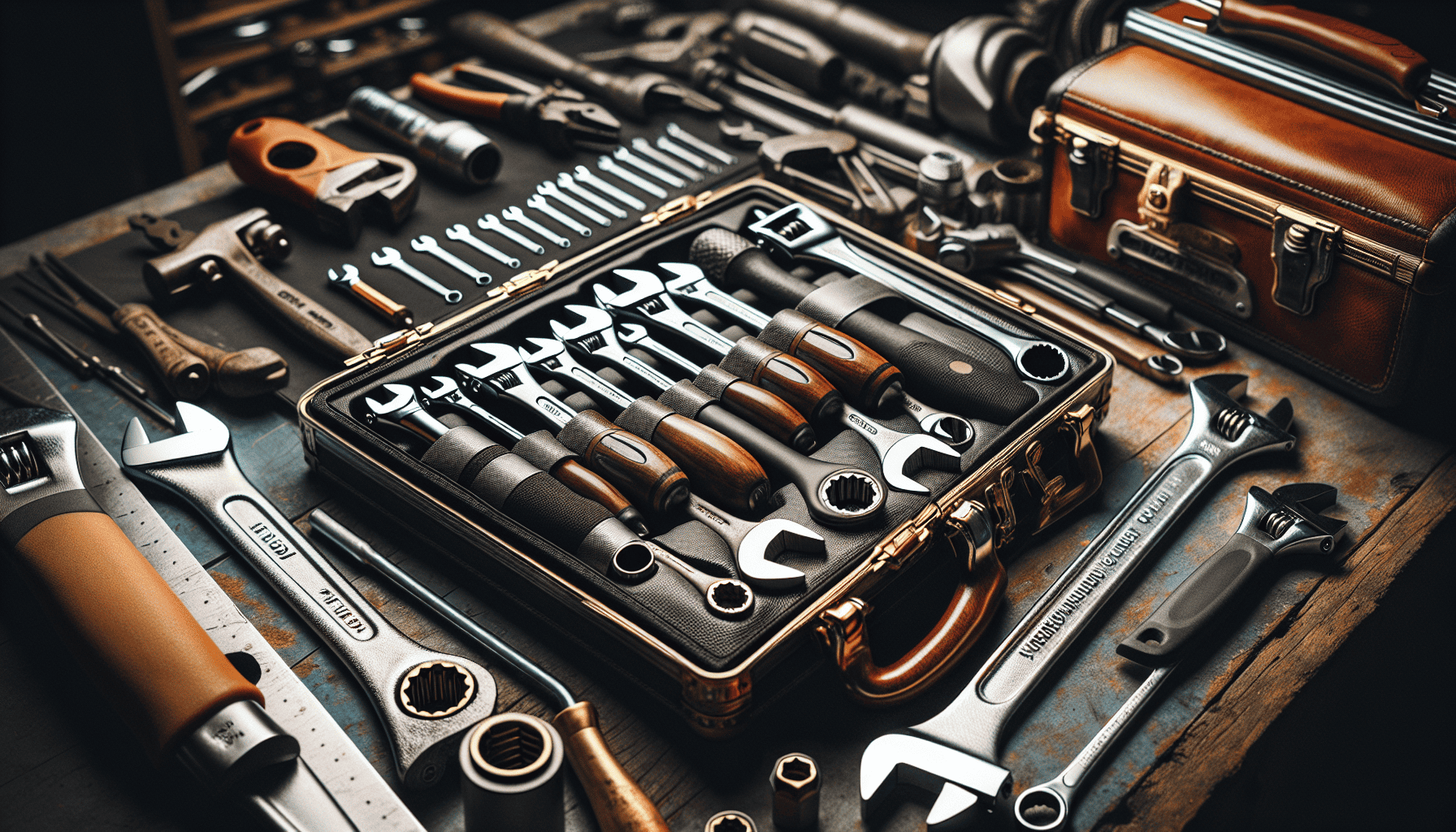Operating an industrial business effectively requires a well-equipped toolkit tailored to the specific needs of the industry. With the right tools, businesses can enhance productivity, maintain safety standards, and ensure seamless operations. Here are some of the essential tools every industrial business should consider:
-
Safety Gear and Equipment: Safety is paramount in any industrial environment. Essential safety gear includes helmets, protective eyewear, gloves, reflective vests, and safety boots. Moreover, businesses should invest in safety equipment such as fire extinguishers, emergency showers, and first-aid kits to ensure a safe working environment.
-
Material Handling Equipment: Efficient material handling can significantly boost productivity. Businesses should consider investing in forklifts, pallet jacks, conveyor systems, and hoists. These tools facilitate the smooth movement of heavy materials and goods, reducing the risk of injury and improving operational efficiency.
-
Power Tools: High-quality power tools, such as drills, saws, grinders, and impact wrenches, are indispensable in industrial settings. They not only streamline operations but also ensure precision and speed in tasks that require specific handling and execution.
-
Measuring and Calibration Tools: Accurate measurements are crucial in industrial processes. Businesses need to have a variety of measuring tools, including calipers, micrometers, and laser measuring devices. Regular calibration of these tools is essential to maintain measurement accuracy and ensure product quality.
-
Automation and Control Systems: With the advancement in technology, automation has become a cornerstone for industrial efficiency. Implementing programmable logic controllers (PLCs), supervisory control and data acquisition (SCADA) systems, and automated guided vehicles (AGVs) can streamline processes, reduce human error, and increase productivity.
-
Industrial Software Solutions: Proper software solutions help manage various business aspects from inventory to customer relations. Enterprise resource planning (ERP) systems, inventory management software, and customer relationship management (CRM) tools are vital for managing operations efficiently and making informed decisions based on real-time data.
-
Maintenance and Repair Tools: Minimizing downtime is critical in industrial settings. A comprehensive set of maintenance tools, including diagnostic devices, lubricants, and repair kits, can help in routine maintenance and urgent repairs, ensuring the longevity of equipment and smooth operations.
-
Communication Tools: Effective communication is the backbone of a successful business. Two-way radios, intercom systems, and robust communication software enhance coordination and ensure that all team members are informed, thereby facilitating a cohesive work environment.
-
Waste Management Solutions: Responsible waste management is essential to comply with environmental regulations and corporate social responsibility. Industrial businesses should have proper waste segregation systems, recycling equipment, and waste disposal solutions to manage industrial waste effectively.
-
Transportation and Logistics Tools: Efficient logistic solutions, including transport vehicles, GPS tracking systems, and logistic management software, are crucial for timely delivery and distribution operations.
In conclusion, by equipping their workspace with these essential tools, industrial businesses can optimize their operations and maintain an edge in a competitive market. Investing in quality tools and systems not only elevates operational capabilities but also aligns a business with industry standards and best practices.
